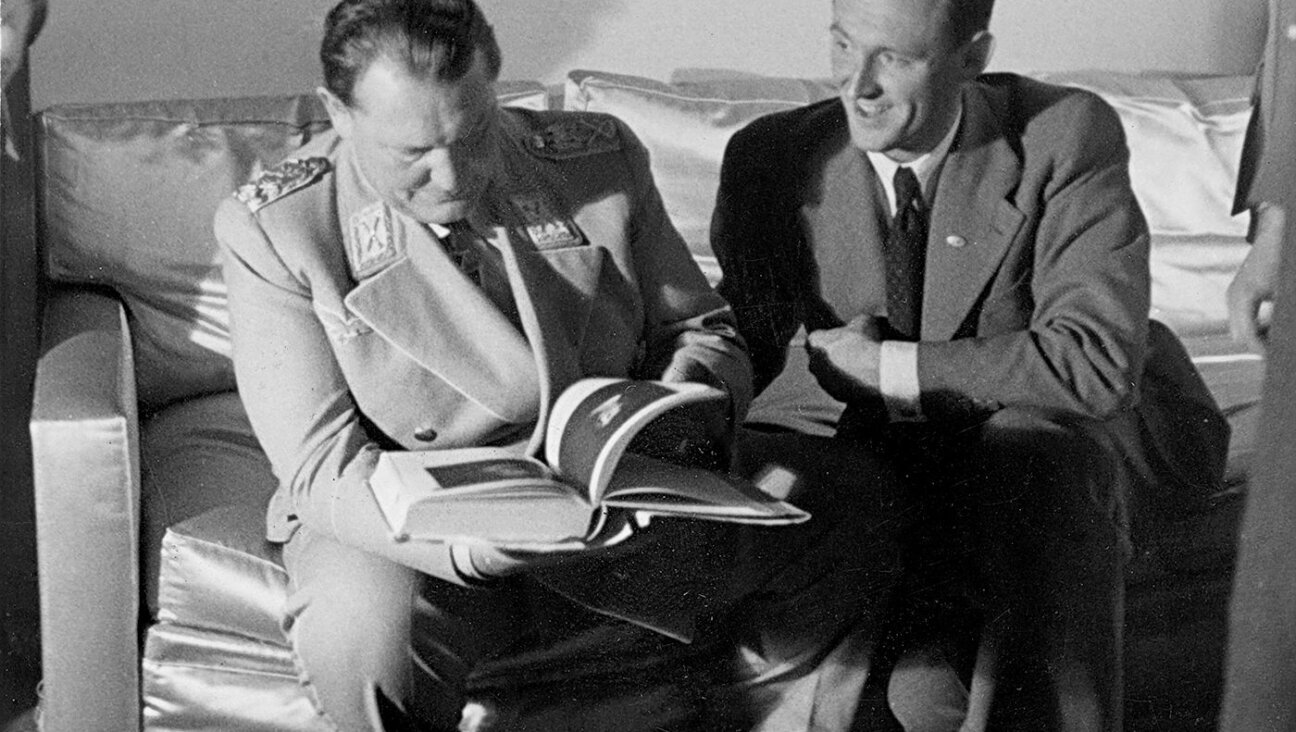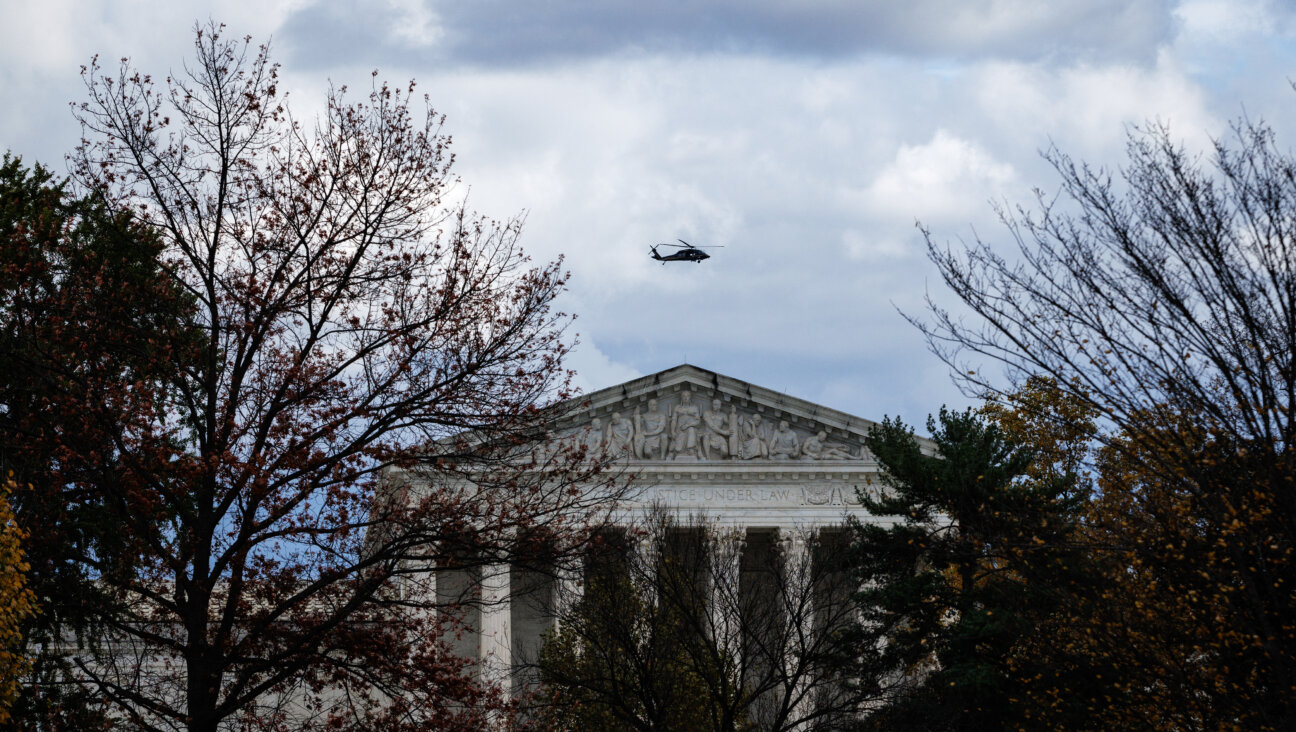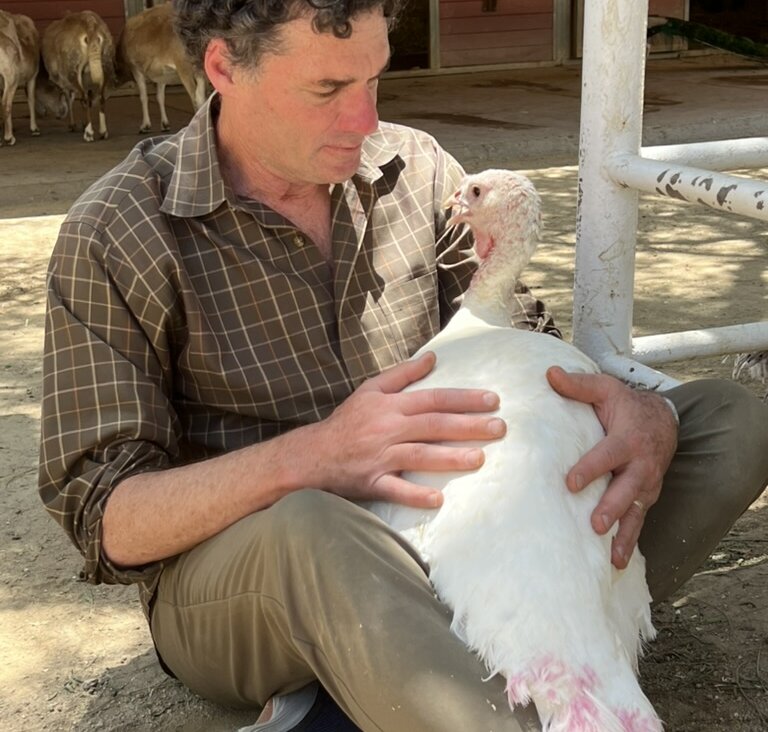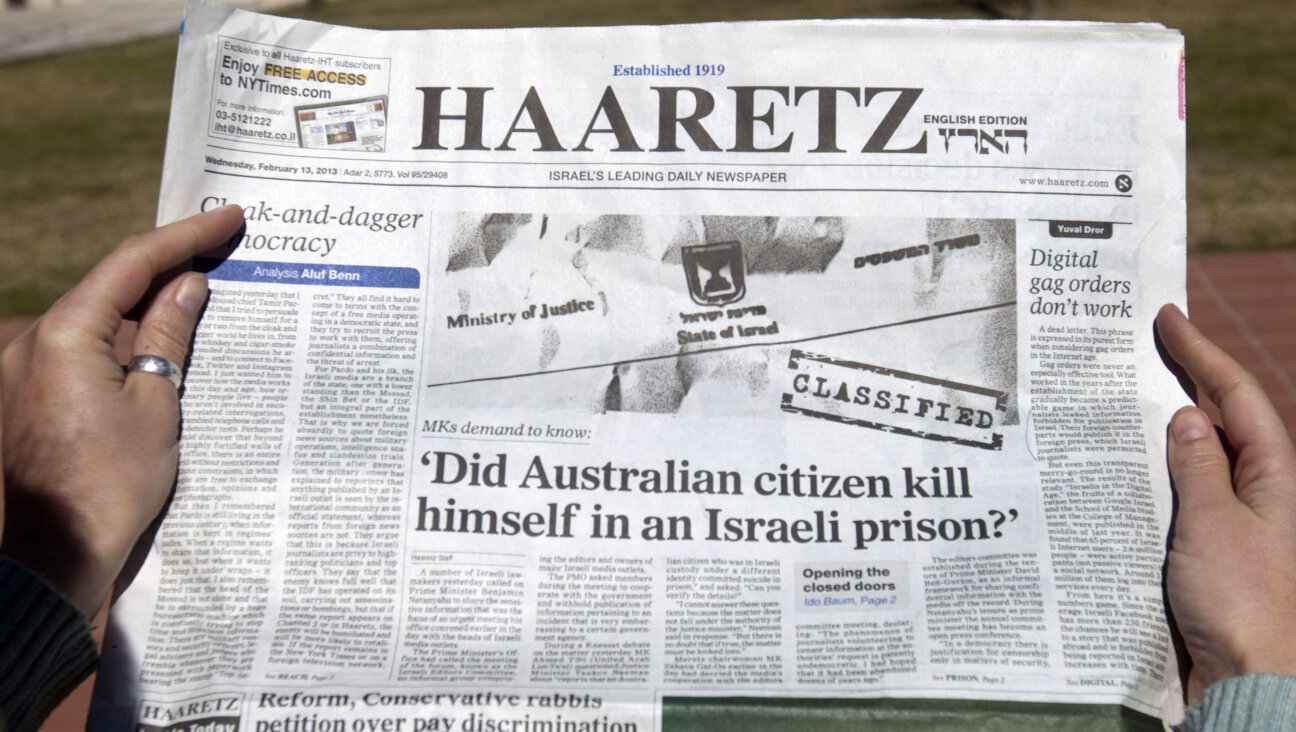She’s Still Got the Beat
When it comes to assessing the lives and careers of older female musicians, certain ready-made narratives spring to mind. There’s the promising career cut short by sexual discrimination. The veteran performer who never gets her due. And the lucky outlier who makes it to the top of the heap despite impossible odds.
We want to believe these stories — whether tragic, poignant or uplifting — because they push our emotional buttons, and because they are so often true. Except, of course, when they are not. At least, not entirely.
Take the case of percussionist Elaine Hoffman Watts, who recently received a $20,000 NEA National Heritage Fellowship for her contributions as a klezmer drummer. Elaine was born in 1932 into a tribe of Philadelphia musicians: Her grandfather, Joseph Hoffman, was a cornetist and bandleader who immigrated to the United States from the Ukraine in 1898; her father, Jacob Hoffman, was a highly regarded percussionist in both classical and klezmer circles, and all her uncles were professional musicians. Yet this newly minted national treasure appears at first glance to be a prime candidate for the oppressed-female-musician narrative. Despite her family pedigree, the only person who would initially hire her to play klezmer in public was her own father, who had begun teaching her the tradition when she was but a little girl.
“When I played a klezmer gig, it was because my daddy was a leader,” she recalled in an interview with the Forward. “I only played klezmer with Daddy.”
Even those gigs were scarce, in part because her father made the bulk of his living playing for shows and performing with such classical outfits as the Philadelphia Orchestra and Les Ballets Russes de Monte Carlo, and in part because post-war Jewish audiences had already lost their taste for Old World music.
In any event, no other bandleader would even consider using her for the wedding jobs that were once the primary venues for klezmer performance.
It wasn’t until the klezmer revival of the 1970s and ’80s, and the establishment of a klezmer concert and festival circuit, that the percussionist began to develop a klezmer career. And to hear her tell it, that was only by dint of association with her youngest daughter, the celebrated klezmer trumpeter Susan Watts. (The two appear together as The Fabulous Shpielkes.)
“[Elaine] never seemed to be getting the credit or the opportunities that she deserved,” said Debora Kodish, founder and director of the Philadelphia Folklore Project. The project nominated Elaine for the NEA fellowship and is currently producing a video documentary about her.
It’s a tidy tale, and it drives her daughter Susan nuts. Not because it is entirely false, but because it omits so much of the truth.
“She’s no victim,” Susan said. “I think that my mom is extraordinary, and I think that what’s extraordinary about her is what she’s accomplished, and not what she hasn’t accomplished.”
It can take a bit of digging to get at those accomplishments. Not because they’re scarce, but because Elaine — a 75-year-old bubbe who disparagingly refers to herself as an old lady — is almost pathologically modest.
In 1954, she became the first woman to graduate from the percussion program at the renowned Curtis Institute of Music, located in Philadelphia. She was immediately hired by the New Orleans Symphony, and went on to play in the Philadelphia area with numerous classical ensembles and high-profile touring groups like Count Basie’s band.
She was also an extremely busy, and apparently influential, teacher. “Elaine single-handedly steered me into my current career as a classical percussionist,” said Peter Wilson, a former student who is now principal percussionist of the Harrisburg Symphony and Albany Symphony orchestras.
Pulling this kind of information out of her, however, is exceedingly difficult. Even when she does discuss her professional life, she invariably minimizes her achievements. For example, you have to speak to Susan to discover that her mother’s career had not fizzled out by the time the klezmer revival took root in the early ’70s.
“My mother had a steady job,” Susan said. “It was no part-time thing. She taught from 3:30 p.m. to 8:30 p.m. every day, seven days a week, and every weekend she was out playing gigs. I never saw her.”
So where exactly does the truth lie in all this? Somewhere in the middle, most likely.
As a female musician in the ’50s, Elaine had a klezmer career that was over before it began. Yet she was talented and tough. And in legit music circles, at least, her sex was not so much a problem.
“In classical, you were accepted more,” Elaine said. True, her mother felt compelled to travel with her to New Orleans as a chaperone when she accepted that symphony job, but at least she got the gig.
And so it was beyond the narrow confines of Jewish music that Elaine built a successful career at a time when professional female percussionists — let alone married ones with children — were exceedingly rare.
Meanwhile, she continued to play Jewish music at home with her father and her three daughters, preserving her grandfather’s repertoire and maintaining the family tradition. (She now plays with her grandsons, as well.) When the revivalists finally “discovered” her, she was ready to spring the distinctive sound of Philadelphia klezmer — a sound defined in large part by her own forebears — on the world.
That, of course, is what the NEA National Heritage Fellowship is all about. But it’s worth bearing in mind that this is one neglected female musician who had one hell of a career. It just wasn’t the one she’s being recognized for.
Alexander Gelfand is a writer living in New York City.
A message from our CEO & publisher Rachel Fishman Feddersen

I hope you appreciated this article. Before you go, I’d like to ask you to please support the Forward’s award-winning, nonprofit journalism during this critical time.
We’ve set a goal to raise $260,000 by December 31. That’s an ambitious goal, but one that will give us the resources we need to invest in the high quality news, opinion, analysis and cultural coverage that isn’t available anywhere else.
If you feel inspired to make an impact, now is the time to give something back. Join us as a member at your most generous level.
— Rachel Fishman Feddersen, Publisher and CEO























